News
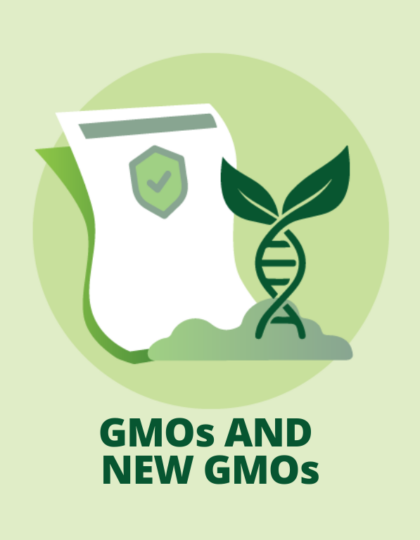
GMOs – An easy breakdown on common myths
Global grassroots organization Slow Food International has recently published a short myth-busting article with the most common, but wrong and…
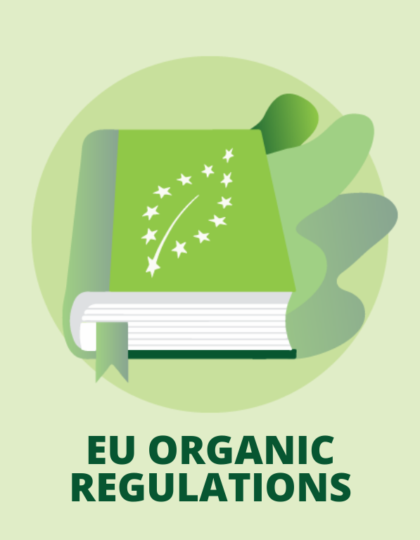
28/10/2022
Organic regulations
Changes in regulation on recognition of control authorities & bodies for the purpose of import of organic products into the EU
While the EU Organic Regulation 2018/848 has been in force since the start of the year, implementing regulation that specify…

28/06/2022
Organic regulations
IFOAM Organics Europe launches a guideline on the use of Flavourings in Organic Food
One of the new EU Organic Regulation (EU) 2018/848’s novelties is the restriction of the use of natural flavourings in…

ClieNFarms public policy workshop on climate-neutrality and food security, 8 July, online
On 8 July 2022, IFOAM Organics Europe is organising the first online public policy workshop of ClieNFarms on climate-neutral farming…
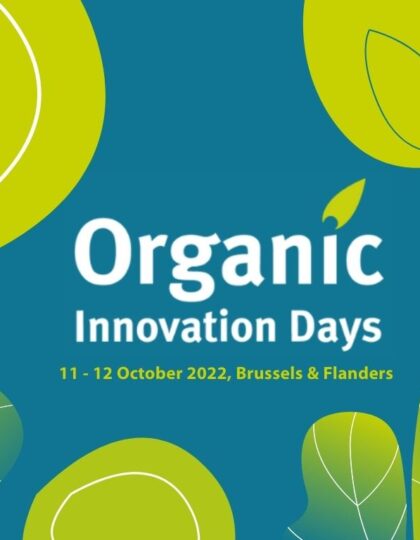
Organic Innovation Days 2022: Living labs & lighthouse farms in organic, 11-12 October 2022, Rumbeke-Beitem & Brussels, Belgium
After two virtual editions of the Organic Innovation Days, this year’s edition will once again take place as a physical…

Alternatives to contentious input in organic - Heritage of RELACS project
The RELACS project developed and researched alternatives to contentious inputs in organic crop production – copper and mineral oils, nutrient…

Welcome note May 2022 Newsletter
Dear readers, I would like to thank you for the enthusiasm and the support you have given IFOAM Organics Europe…

Wrapping up the RELACS project: Policy roadmaps, videos & other publications
The RELACS project, which aims at finding alternatives to contentious inputs in organic farming, came to an end on 29…

Welcome note March 2022 newsletter
Dear readers, These are troubling times for Europe and the world. On top of climate and biodiversity crises we now…
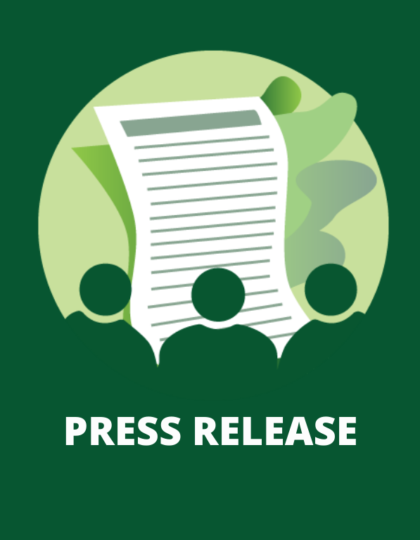
EU Parliament saves Farm to Fork’s integrity but concedes on Biodiversity
BRUSSELS, 24 MARCH 2022 – IFOAM Organics Europe welcomes the European Parliament’s support to the Farm to Fork Strategy as…

22/03/2022
Organic regulations
Guidelines to help interpret EU Organic Regulation now online
After a 10-year long process, the new EU Organic Regulation has started to apply on 1 January 2022. The basic…

Expert on recycled fertilisers? Join our Task Force on Recycled Fertilisers
IFOAM Organics Europe’s Board created a Task Force on Recycled Fertilisers. This decision comes in the context of the “Integrated…
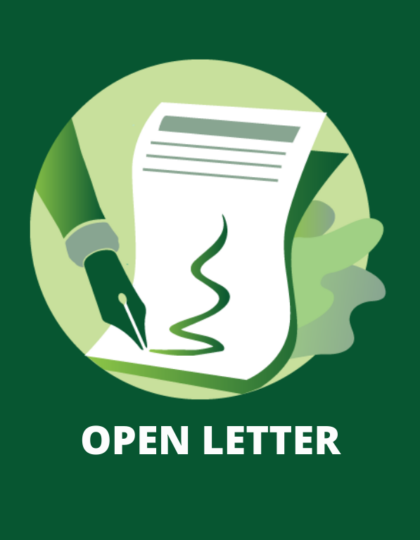
Open letter to MEPs regarding EP resolution on food security
In view of the current discussions in the Parliament on the impact of the war in Ukraine on food security,…
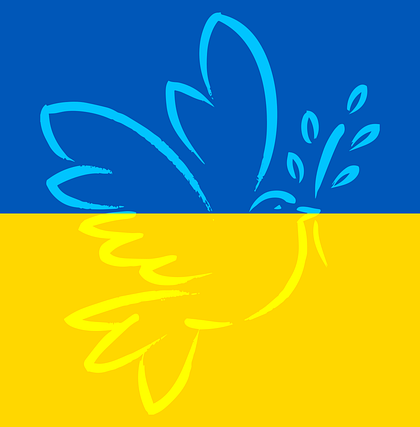
Statement of solidarity with Ukraine
The European organic movement expresses its solidarity with all people in Ukraine, with all those, including in Russia, who have…
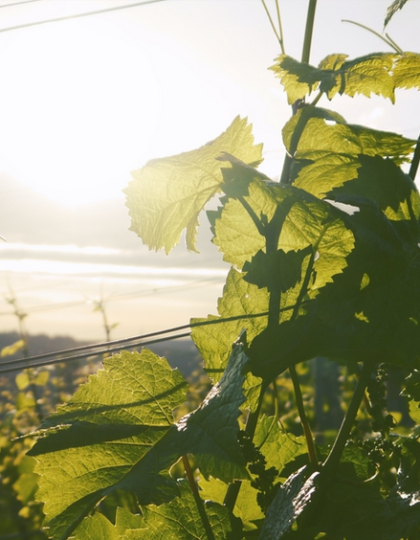
Latest IPCC report: Agroecological practices support food security
The Intergovernmental Panel on Climate Change (IPCC) has published its latest report Climate Change 2022: Impacts, Adaptation and Vulnerability. The…

Welcome note February 2022 newsletter
Dear Readers, I would like to welcome you back after the winter break and take this opportunity to wish you…
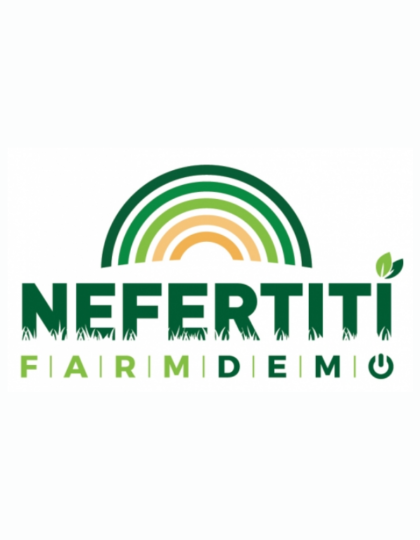
New tools and practices for organic dairy sector from the NEFERTITI project
Looking for inspiration for improving organic dairy farming? Check out the new videos from the NEFERTITI project that showcase tools…
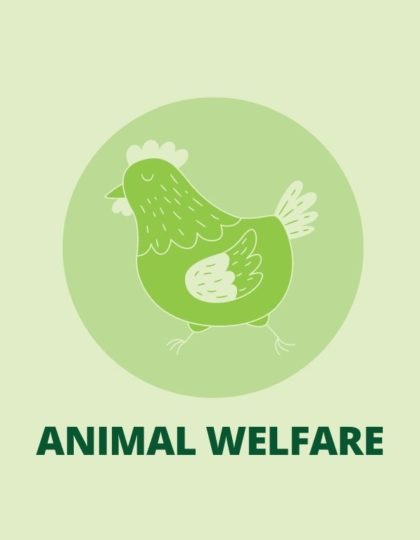
19/01/2022
Animal welfare
Feedback to the public consultation on animal welfare
The European Commission launched a public consultation on the revision of the EU legislation on animal welfare. IFOAM Organics Europe…

05/01/2022
Organic regulations
New EU Organic Regulation: Guidelines & main changes
After a 10-year long process, the new EU Organic Regulation has started to apply on 1 January 2022. The basic…

05/01/2022
Organic regulations
Update on consolidated version of Regulation (EU) 2018/848
After ten years of activities, the New EU Organic Regulation (EU) 2018/848 has entered into application. As expected, many delegated…

